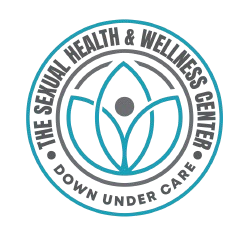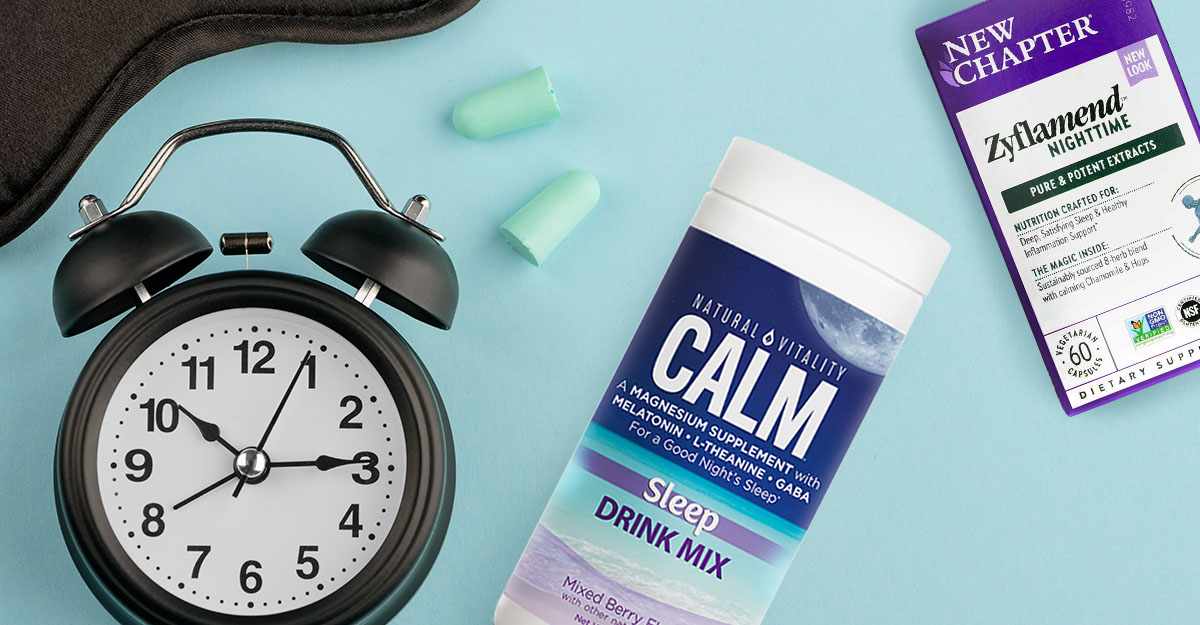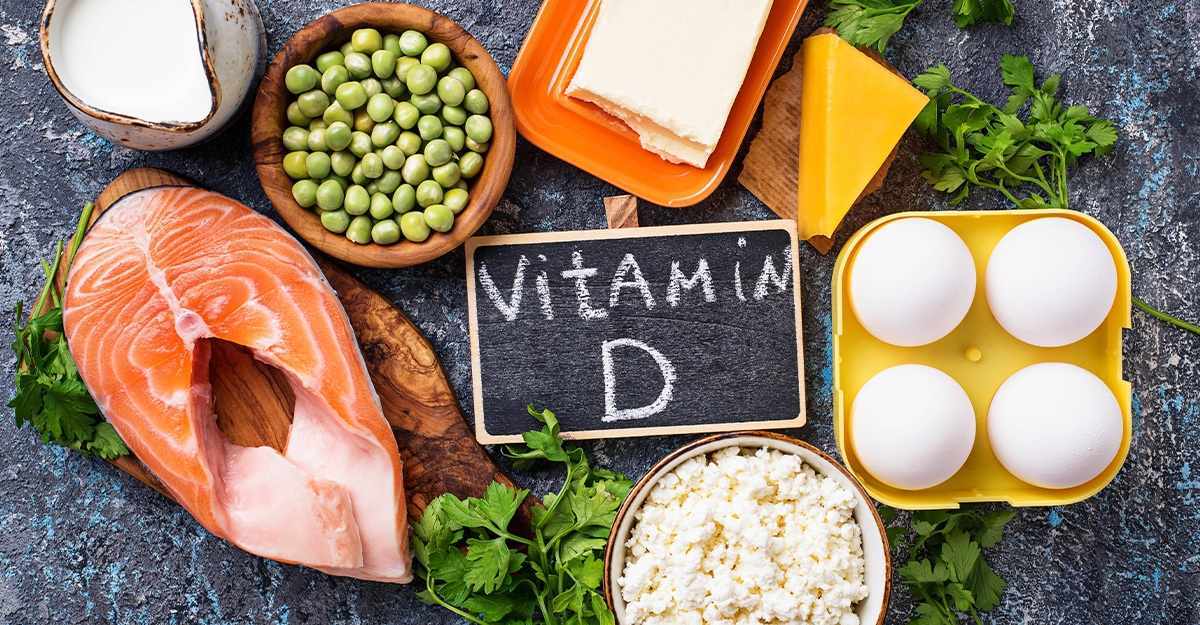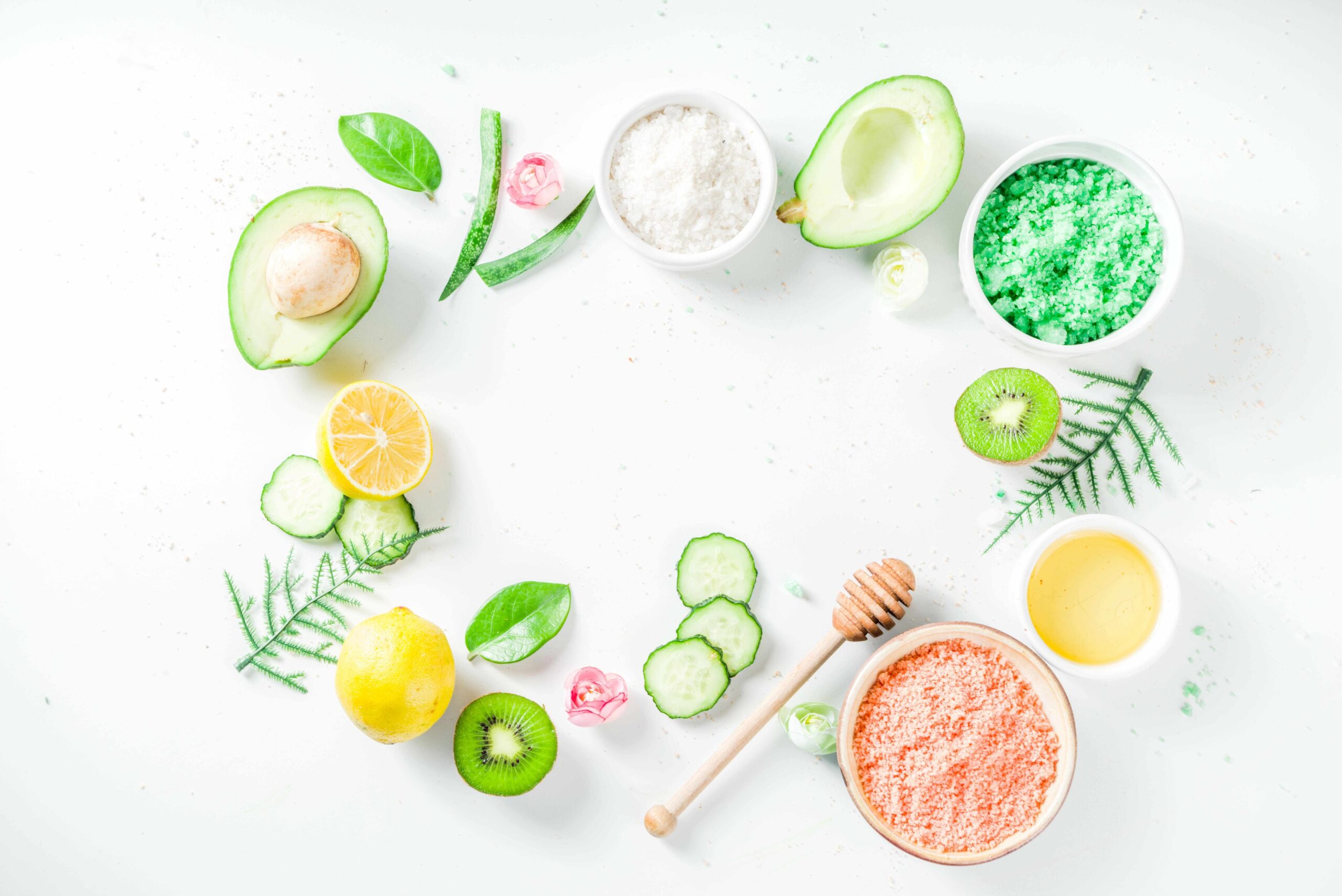Biotin for Nail and Hair Growth
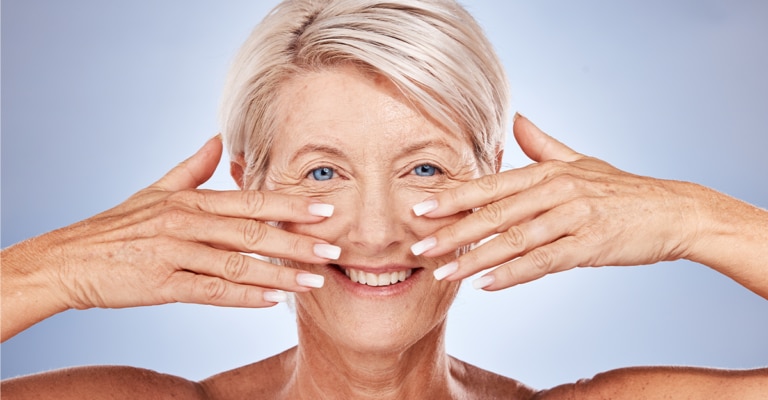

While biotin is a B vitamin (vitamin B7), it’s sometimes called “vitamin H.” Why?
In this case, “H” stands for hair. This nickname stems from biotin’s association with healthy and strong hair. Biotin supplements are sometimes touted for their ability to support healthy hair growth and strong, healthy nails. But is there any science to support the use of biotin for nail and hair growth? Here’s what you should know before deciding on a supplement.
Biotin for Nail and Hair Growth
Recommendations of biotin for nail and hair growth may be related to biotin’s involvement in synthesizing specific proteins, primarily keratin. This fibrous structural protein forms the foundation of hair, skin, and nails.
Indeed, our bodies use biotin to grow healthy hair and nails, and biotin’s role in keratin production is crucial for maintaining the structural integrity of hair strands, preventing breakage, and promoting overall hair health.
Biotin for Hair Growth
While there is no clear evidence that biotin can help healthy individuals grow thicker, more robust, longer hair, several studies have found biotin supplementation beneficial for individuals with underlying conditions that affect hair loss or growth. Researchers have found that biotin supplementation has a clinically significant beneficial impact on individuals with diseases like alopecia or uncombable hair syndrome.
Biotin for Nail Growth
Your nails, similar to hair, are composed of keratin. This is true of hair, too. At the same time, there have not been any studies that have established that biotin supplementation can improve nail strength and growth in healthy individuals. Some studies have shown that biotin supplementation did have a statistically significant effect on nail thickness and reduced splitting and breakage in individuals with brittle nail syndrome.
Biotin Deficiency
It’s also important to note that biotin deficiency, while rare, can cause hair loss or thinning, rashes, and thin, brittle nails. Biotin deficiency may be acquired or genetic. While congenital biotin deficiency is rare, acquired biotin deficiencies can have several causes. These causes or risk factors include:
- People take certain medications, especially anticonvulsant medications.
- Alcoholism
- Pregnancy
- Impaired intestinal absorption
- Prolonged use of antibiotics
- Increased raw egg consumption (a protein in raw egg whites, which is typically denatured through the cooking process, binds tightly to biotin, which can prevent its ability to be used as a cofactor)
Individuals must be aware of their health needs to avoid these potential side effects. If you have thinning hair or a thyroid condition, are breastfeeding, or have taken a blood test and found low biotin levels, adding a dietary supplement may not suit you.
Potential Considerations
While biotin is generally considered safe when taken within recommended limits, and toxicity has not been reported at any level. High doses of biotin (above the recommended limit) may not be toxic, but they can interfere with lab tests and may interact with medications. So, talk with your doctor about how much biotin is essential before starting any supplement.
Biotin plays a vital role in supporting the health of our hair and nails. For individuals with certain conditions affecting hair or nail growth, the scientific evidence suggests that supplementation may be beneficial. After talking with your doctor, it’s wise to approach biotin supplementation with realistic expectations. Courtney Barth, a registered dietician, explains, “… some people find that taking a biotin supplement helps them boost hair and nail growth. It’s usually not harmful to try biotin for thicker hair or healthier nails.”
